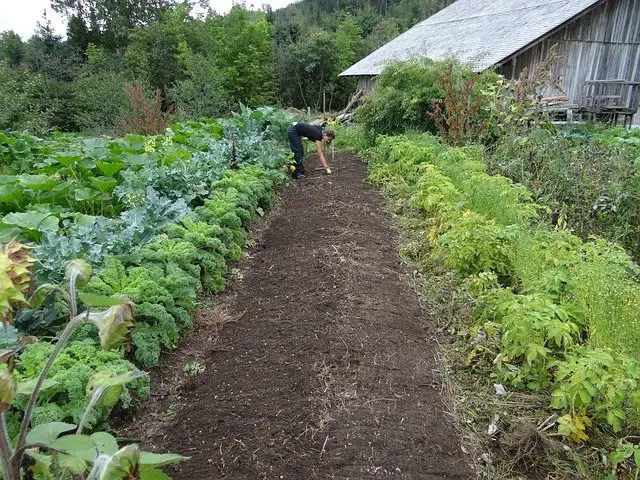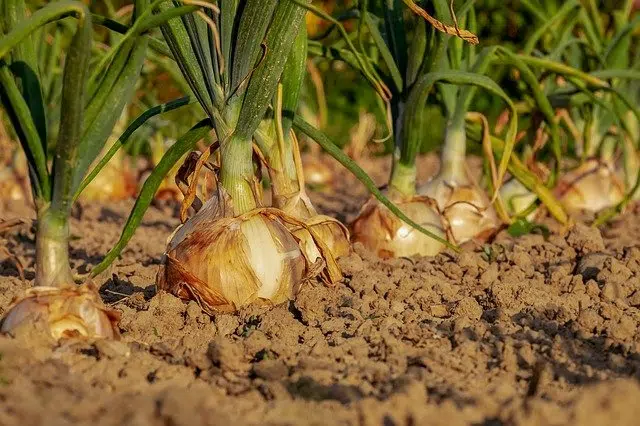
Horticulture consists of growing different plants in gardens.
The notion of horticulture refers to the development of crops in orchards and orchards . The term also refers to the knowledge and techniques that allow this task to be carried out.
It is often said, therefore, that horticulture is the activity dedicated to the production of vegetables . The horticulturist can grow edible plants for domestic consumption or for commercial purposes.
In its broadest sense, horticulture is linked to vegetables ( legumes and greens ), fruits , flowers and aromatic herbs . That is why it can also cover fruit growing and floriculture , for example.
Benefits of horticulture
Through horticulture, we seek to achieve improvements in crop yields and the propagation of vegetables. It also allows you to increase the nutritional value and quality of the plants and make them more resistant.
A horticulturist, in this framework, must study multiple factors to know what and how to grow on the available land. Once the crops are already underway, this art or scientific discipline will help you achieve various advances.

Thanks to horticulture it is possible to obtain vegetables.
Contributions from different sectors
It is important to keep in mind that everyone from agricultural engineers to rural workers , business owners and sellers can be involved in horticulture. This area of knowledge, which draws on botany , biology , genetics , chemistry and other sciences, is useful for a person who wants to grow vegetables in the garden at home to feed their family but also for a professional who is hired by a large company or by the State to improve food production.
Nowadays it is increasingly common for people with a little free space in their home to begin to consider the possibility of creating a garden, especially an urban one, one of the most popular initiatives of recent times to promote healthy eating and the awareness of how important resources are. Despite the temptation to join this healthy movement, we must not forget that it requires time and a lot of attention, in addition to being difficult for those people who do not have any previous experience in horticulture.
How to get started in horticulture
To get started in the best possible way, it is recommended to follow the advice of horticultural experts. The first of them is to choose the appropriate space for cultivation; In this framework, the three points to take into account are the quality of the land, water and sun. There are lands that are not conducive to horticulture, either because the land is not very humid or lacks the necessary nutrients for vegetables, but this does not mean that we cannot embark on the project, but rather that we will have to compensate for the poor quality of the soil with products that improve it.
Precisely, another of the most generalized pieces of advice is to use ingenuity to ensure that these and other limitations do not prevent us from achieving our objectives. An essential complement to good ideas is the desire to work constantly and responsibly; After all, horticulture is an art related to the care of life .
To counteract the poor quality of the soil, it is possible to opt for raised beds, spaces limited by wooden bars in which the necessary products for a successful harvest can be combined. Irrigation, on the other hand, must be carried out in direct relation to the humidity of the climate: in a very humid area it is not as necessary as in a dry one, where carelessness will probably cost us much more. But neither good soil nor a high percentage of humidity can make up for the lack of sunlight: success depends on a minimum of six hours of sun exposure per day.
